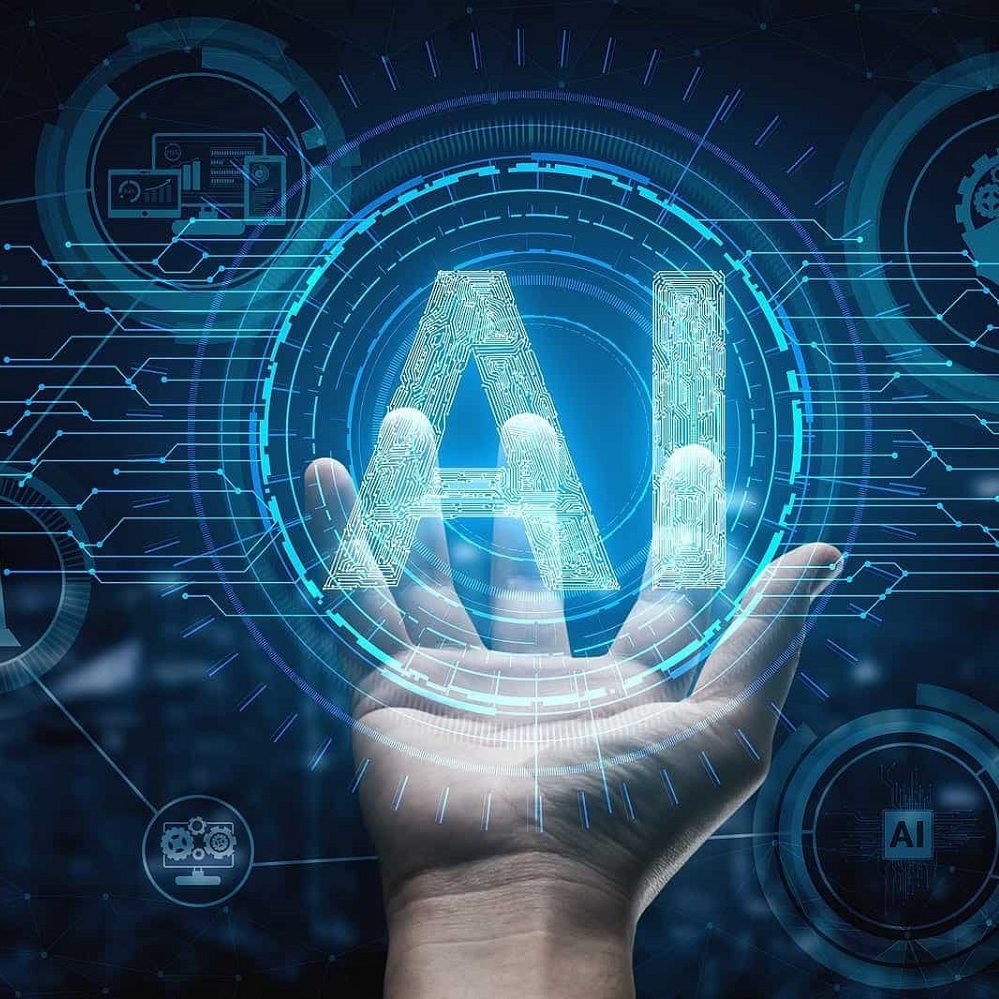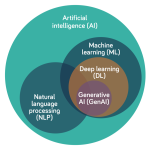Artificial Intelligence (AI) has become an integral part of our everyday routines. From the way we communicate to how we shop and manage our homes, AI technologies are transforming our lives in ways we may not even realize. This article explores the diverse ways AI influences our daily experiences, the benefits it brings, and the challenges that come along with its adoption.
Understanding Artificial Intelligence
What is Artificial Intelligence?
At its core, Artificial Intelligence refers to the simulation of human intelligence in machines designed to think and respond like humans. This can involve learning, reasoning, problem-solving, perception, and even language understanding. AI encompasses a wide range of technologies, including machine learning, natural language processing, and robotics. As these technologies evolve, they enable machines to perform increasingly complex tasks, enhancing their capability to aid human activities.
The Historical Context
AI isn’t a new concept; its roots date back to the mid-20th century. Early researchers envisioned machines that could engage in intelligent behavior. Over the decades, technological advancements have fueled research, leading us to a point where AI systems are now commonplace. Today, we witness AI in various forms, from virtual assistants on our smartphones to sophisticated algorithms driving major industries. This journey reflects not only technological progress but also a growing acceptance of AI in our daily routines.
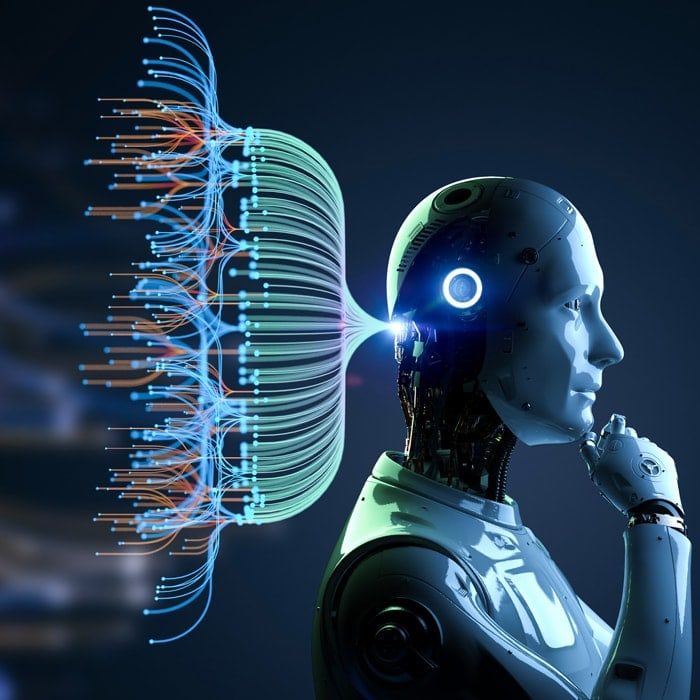
AI in Communication
Revolutionizing How We Connect
AI has revolutionized communication by making it faster and more efficient. Applications like chatbots and virtual assistants have changed how businesses interact with customers. For instance, companies can provide 24/7 support through chatbots that handle routine inquiries, freeing human agents to address more complex issues. This not only enhances customer service but also improves response times.
Enhancing Language Translation
Moreover, AI plays a significant role in breaking down language barriers. Tools like Google Translate use advanced algorithms to provide real-time translations for users. This capability enables people from diverse backgrounds to engage in meaningful conversations. Whether you are traveling abroad or working with international colleagues, AI-driven translation services facilitate connections and foster cross-cultural understanding.
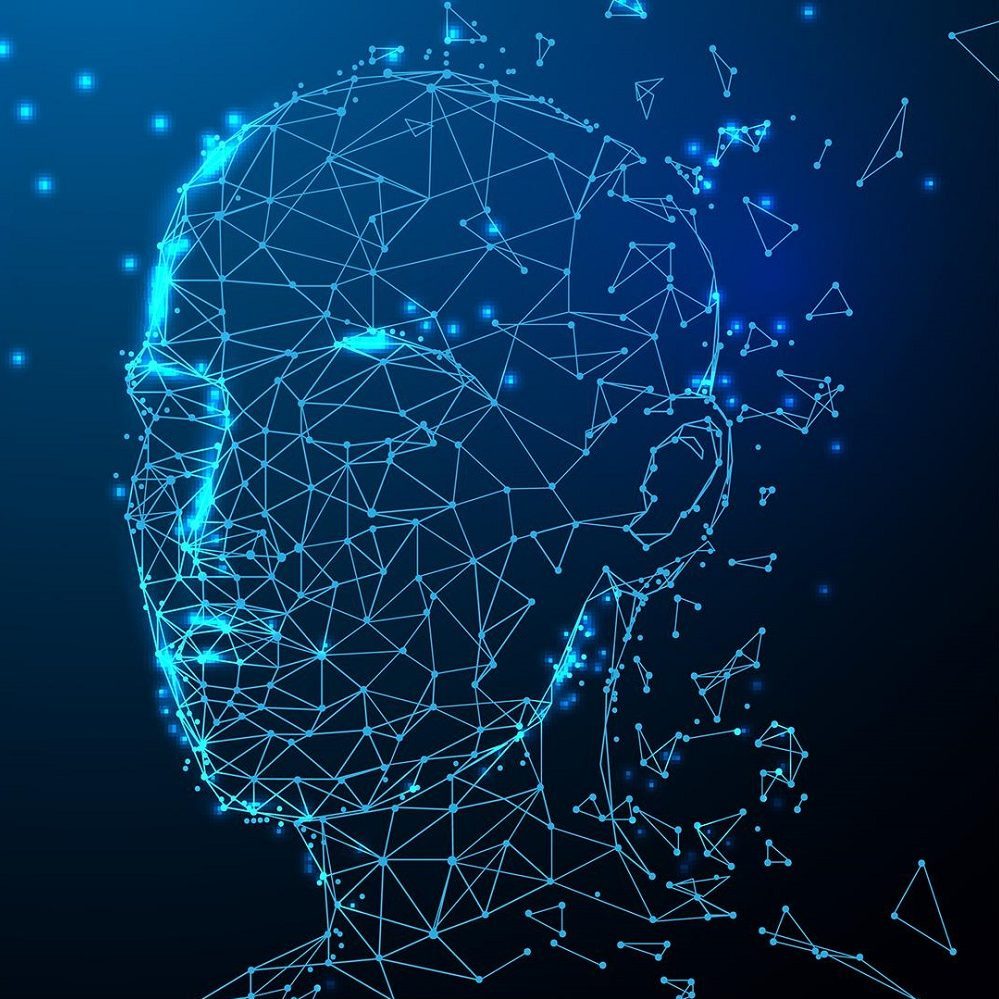
AI in Shopping
Personalized Shopping Experiences
AI has ushered in a new era in retail and e-commerce. Algorithms analyze consumer data to create personalized shopping experiences. For example, online retailers like Amazon recommend products based on your browsing history and previous purchases. This tailored approach makes shopping more convenient and enjoyable, helping consumers find products that suit their tastes effortlessly.
Inventory Management and Automation
On the operational side, AI streamlines inventory management. Retailers use AI systems to predict demand and optimize stock levels, minimizing both overstock and stockouts. This not only improves sales figures but also enhances customer satisfaction. Automated systems monitor inventory in real-time, allowing retailers to replenish stock efficiently. As businesses become increasingly reliant on data, AI technologies will continue to shape the future of retail by enabling data-driven decision-making.
AI and Smart Homes
Enhancing Home Automation
Smart home technology is another area where AI has made significant inroads. Devices like smart thermostats, security cameras, and virtual assistants create a more integrated living environment. For instance, smart thermostats learn user habits to adjust heating and cooling based on preferences and schedules. This not only increases comfort but can lead to substantial savings on energy bills.
Voice Control and Convenience
Voice-activated assistants like Amazon’s Alexa and Google Assistant have transformed how we control our homes. Users can manage lighting, temperature, and even appliances with simple voice commands. This hands-free operation enhances convenience, especially for multitaskers or individuals with mobility challenges. The ability to integrate multiple devices into a single platform simplifies daily routines and allows for more energy-efficient living.

AI in Healthcare
Transforming Patient Care
In healthcare, AI serves as a powerful tool that enhances patient care and diagnostics. Machine learning algorithms can analyze medical images, helping radiologists identify conditions such as tumors or fractures more accurately. This diagnostic capability can expedite treatment plans and improve patient outcomes, making the healthcare process more efficient.
Personal Health Monitoring
AI also plays a vital role in personal health monitoring. Wearable devices track various health metrics, such as heart rate and activity levels, sending data to AI platforms that analyze patterns over time. This accumulation of information empowers individuals to take charge of their health, making informed decisions about lifestyle changes or medical consultations. As AI technologies evolve, their contribution to healthcare is set to further enhance patient experiences.
AI in Transportation
Redefining Mobility
The realm of transportation has undergone significant changes thanks to AI. Autonomous vehicles, while still developing, promise to reshape how we move from place to place. Companies are investing heavily in self-driving technology, with the hope that these vehicles will reduce traffic accidents and improve efficiency on the roads. As AI systems learn from vast amounts of driving data, they continuously improve safety features, making roads safer for everyone.
Beyond autonomous vehicles, AI also enhances navigation and traffic management. Apps like Waze use real-time data to analyze traffic conditions and provide optimal routes for drivers. This capability reduces congestion and saves valuable time during commutes. As urban areas face increasing traffic challenges, AI-powered navigation tools will become even more essential for daily travel.
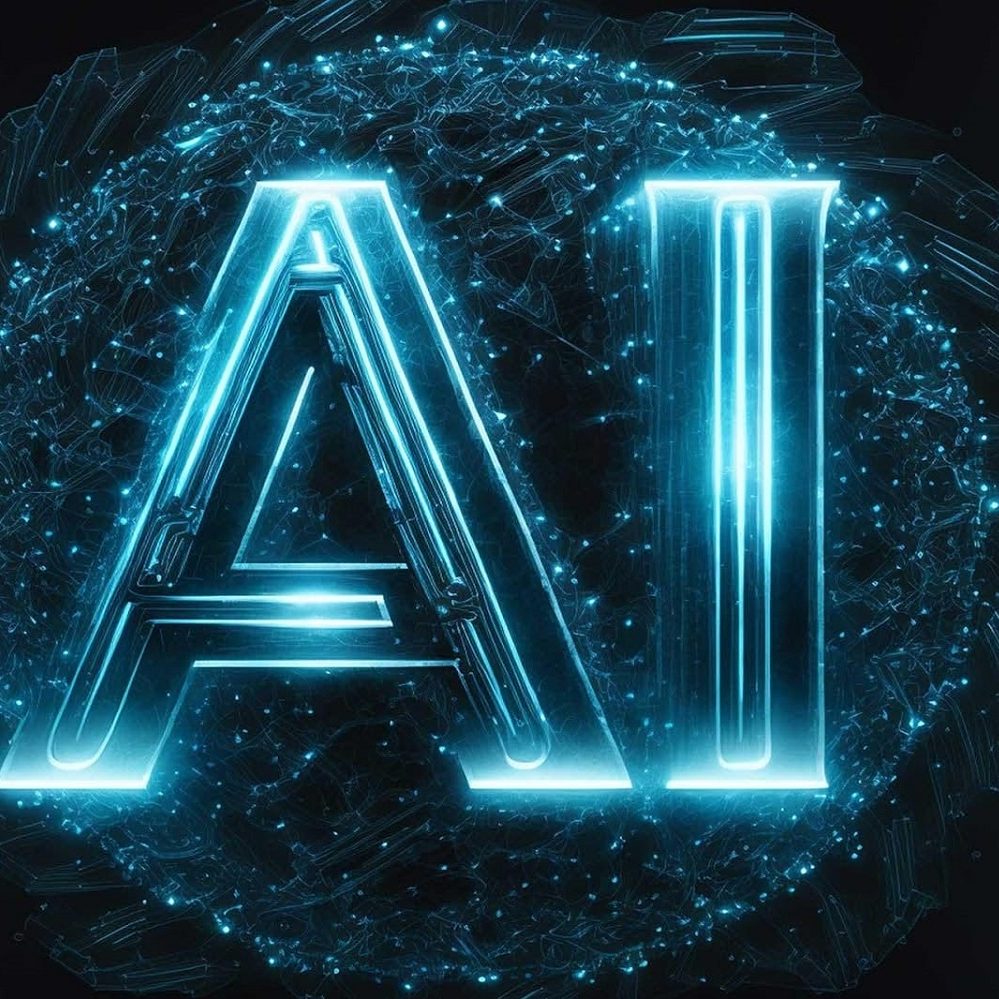
Ethical Considerations and Challenges
Addressing Privacy Concerns
While the benefits of AI are considerable, ethical considerations abound. Questions regarding data privacy and security often arise when AI systems collect and analyze personal data. As AI technologies gather vast amounts of information about users, concerns about who has access to that data and how it is used emerge. With increasing reliance on AI in various aspects of life, addressing these concerns becomes paramount to ensuring public trust.
Mitigating Job Displacement
Another challenge involves job displacement due to automation. As AI systems take over routine tasks, individuals in certain sectors may face unemployment or job transitions. It is crucial to develop training programs that equip workers with the skills needed to thrive in an AI-enhanced job market. Providing support for those affected by technological advancements helps create a more equitable society where all can benefit from progress.
AI in Education
Enhancing Learning Experiences
Artificial Intelligence is transforming the educational landscape by personalizing learning experiences for students. AI-driven platforms can analyze individual performance and adapt curricula to meet specific learning needs. For instance, tools like intelligent tutoring systems provide instant feedback and customized exercises based on a student’s strengths and weaknesses. This tailored approach helps students grasp complex concepts at their own pace, making learning more effective and engaging.
Administrative Efficiency
AI also streamlines administrative tasks in educational institutions. From managing student records to automating grading, AI systems reduce the workload of teachers and administrators, allowing them to focus on what truly matters: student engagement and development. Chatbots and AI-powered customer service solutions can assist students with inquiries, guiding them through various processes like enrollment or course selection. This not only saves time but also enhances the overall educational experience for both students and faculty.
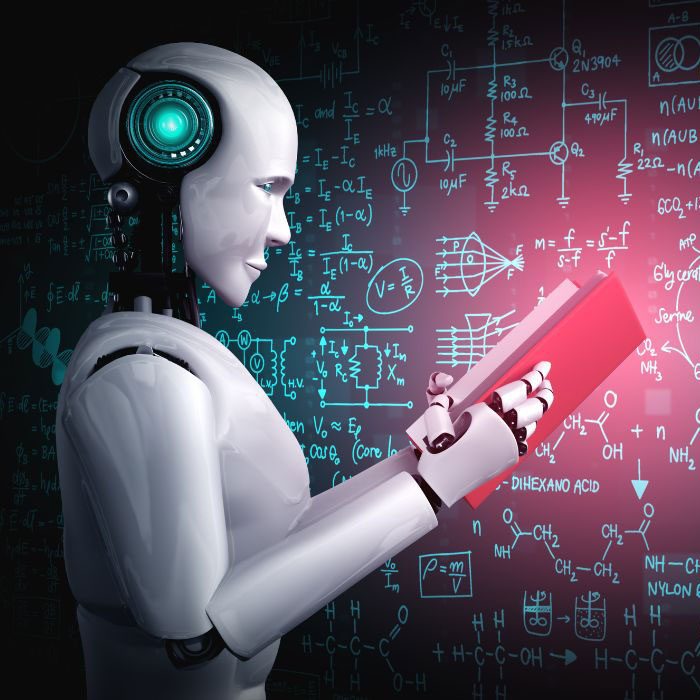
The Future of AI
Emerging Trends
As technology continues to evolve, we can expect to see even more innovative applications of AI in daily life. Future developments may include more advanced natural language processing, allowing for even smoother human-computer interactions. Imagine systems that can understand context, tone, and emotion, enabling a richer dialog between users and machines. Additionally, AI may play a significant role in sustainable living. Smart energy management systems could analyze usage patterns and suggest energy-saving measures tailored to individual households, contributing to environmental conservation.
Preparing for an AI-Driven Future
To make the most of these advancements, society must focus on preparing for an AI-driven future. This preparation involves investing in education and training programs that equip people with the necessary skills to work alongside AI technologies. Fostering a culture of lifelong learning will enable individuals to adapt to the changing job landscape and embrace opportunities presented by AI. Ultimately, by prioritizing education and ethical considerations in AI development, we can look forward to a future where technology serves humanity’s best interests, enhancing our quality of life and fostering innovation.
Conclusion
The impact of Artificial Intelligence in daily life is profound and multifaceted, touching nearly every aspect of human experience. From enhancing communication and improving shopping habits to transforming healthcare and transportation, AI technologies significantly enhance convenience, efficiency, and personalization. As we embrace these innovations, it’s essential to remain vigilant about the ethical considerations and challenges they pose.
Addressing privacy concerns and mitigating job displacement will require collaboration among governments, businesses, and communities. By understanding the complexities and potential drawbacks of AI, we can work toward a future that maximizes the benefits while minimizing the risks associated with these technologies.
As we look ahead, the journey of Artificial Intelligence is just beginning. The ongoing developments in this field promise exciting changes for generations to come. Embracing these advancements while remaining conscious of their implications can lead to a world where technology genuinely enhances quality of life for everyone. Balancing innovation with ethical considerations will ensure that AI serves as a force for good in our daily lives, shaping a brighter future.
